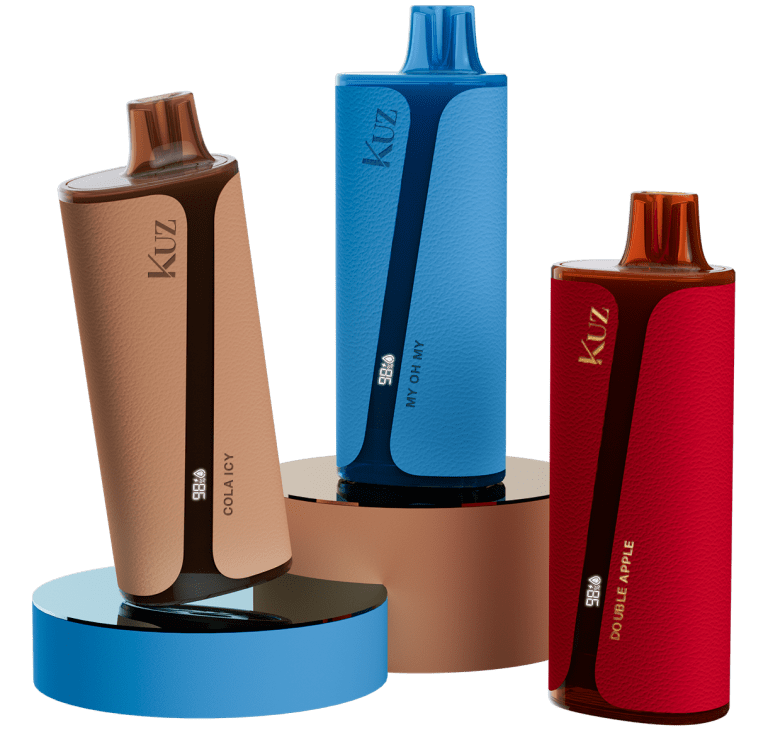Vaping has surged in popularity, particularly among individuals looking for alternatives to traditional smoking. While nicotine-containing vapes are widely recognized for their addictive properties and associated health risks, non-nicotine vapes have emerged as a seemingly safer option. However, is vaping without nicotine truly safe? Let’s dive into the science and opinions surrounding non-nicotine vapes to answer this crucial question.
Understanding Non-Nicotine Vapes
Non-nicotine vapes are electronic devices that vaporize e-liquids without nicotine, allowing users to enjoy the sensory experience of vaping without the addictive substance. These devices are popular among former smokers aiming to quit nicotine, individuals seeking a recreational activity, and even non-smokers attracted to the flavors and social aspects of vaping.
Potential Health Risks of Non-Nicotine Vaping
Despite the absence of nicotine, non-nicotine vapes are not entirely free from health risks. The inhalation of aerosolized chemicals from e-liquids can still pose dangers to respiratory and cardiovascular health. Studies have shown that even nicotine-free vapes may cause irritation to the lungs and airways, potentially leading to inflammation and impaired lung function over time.
Additionally, while nicotine is a major contributor to cardiovascular problems, some components found in vape liquids, such as propylene glycol and vegetable glycerin, may still pose risks. Although these substances are generally recognized as safe for ingestion, their long-term effects when inhaled remain unclear.
Another significant concern is the appeal of non-nicotine vapes to youth and non-smokers. The attractive flavors and social aspects of vaping can lead to experimentation among individuals who would otherwise avoid nicotine products. This raises the possibility of desensitization to vaping risks and potentially increases the likelihood of future nicotine use.
The Benefits of Nicotine-Free Vaping
On the positive side, non-nicotine vapes eliminate the health risks associated with nicotine. Users of these devices can avoid nicotine addiction, a significant factor in the health issues related to smoking and vaping. For those trying to quit smoking, non-nicotine vapes can also provide a way to satisfy cravings and maintain the ritual of smoking without the addictive substance.
Moreover, non-nicotine vapes offer a smoother and less harsh experience compared to their nicotine counterparts. The absence of nicotine leads to a more pleasant throat hit, which can be particularly beneficial for those who have sensitive airways or are trying to reduce their vaping frequency.
Social and Psychological Impacts
Vaping, with or without nicotine, has become a social activity for many, particularly among younger adults. Non-nicotine vapes allow individuals to participate in this trend without the stigma or health concerns tied to nicotine use. However, it’s essential to recognize that the ritualistic nature of vaping, even without nicotine, can still lead to psychological dependence, making it a habit-forming activity in its own right.
Conclusion: Is Non-Nicotine Vaping Safe?
While non-nicotine vapes are undoubtedly safer than their nicotine-laden counterparts, they are not entirely without risk. The long-term health effects of inhaling vaporized chemicals remain uncertain, and the potential for psychological dependence should not be overlooked. For those considering vaping as a safer alternative to smoking, it’s crucial to stay informed about the possible risks and benefits, and to approach non-nicotine vapes with the same caution as any other product that involves inhalation into the lungs.
In the end, the safest choice may still be to avoid vaping altogether, but for those who choose to vape, understanding the risks is the first step toward making informed decisions.



